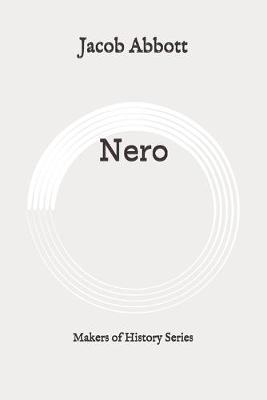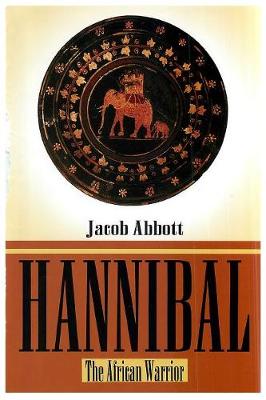Makers of History
5 total works
Nero was Roman Emperor from 54 to 68, and the last in the Julio-Claudian dynasty. During his reign, Nero focused much of his attention on diplomacy, trade, and enhancing the cultural life of the Empire. He ordered theaters built and promoted athletic games. During his reign, the redoubtable general Corbulo conducted a successful war and negotiated peace with the Parthian Empire. His general Suetonius Paulinus crushed a revolt in Britain. Nero annexed the Bosporan Kingdom to the Empire. Nero's rule is often associated with tyranny and extravagance. He is known for many executions, including that of his mother, and the probable murder by poison of his stepbrother Britannicus. He is infamously known as the Emperor who "fiddled while Rome burned" and as an early persecutor of Christians.
Alexander the Great was one of the most successful military commanders in history, and was undefeated in battle. By the time of his death, he had conquered most of the world known to the ancient Greeks. Alexander the Great is one of many biographies aimed at young people written by Jacob Abbott and his brother. The biographies are written in such a way that makes them appealing and easily accessible to everyone.
Julius Caesar was a Roman general, statesman, Consul, and notable author of Latin prose. He played a critical role in the events that led to the demise of the Roman Republic and the rise of the Roman Empire. After assuming control of government, Caesar began a program of social and governmental reforms, including the creation of the Julian calendar. He centralized the bureaucracy of the Republic and was eventually proclaimed "dictator in perpetuity". But the underlying political conflicts had not been resolved, and on the Ides of March (15 March) 44 BC, Caesar was assassinated. A new series of civil wars broke out, and the constitutional government of the Republic was never restored. Caesar's adopted heir Octavian, later known as Augustus, rose to sole power, and the era of the Roman Empire began. Much of Caesar's life is known from his own accounts of his military campaigns. Caesar is deemed to be one of the greatest military commanders in history.




